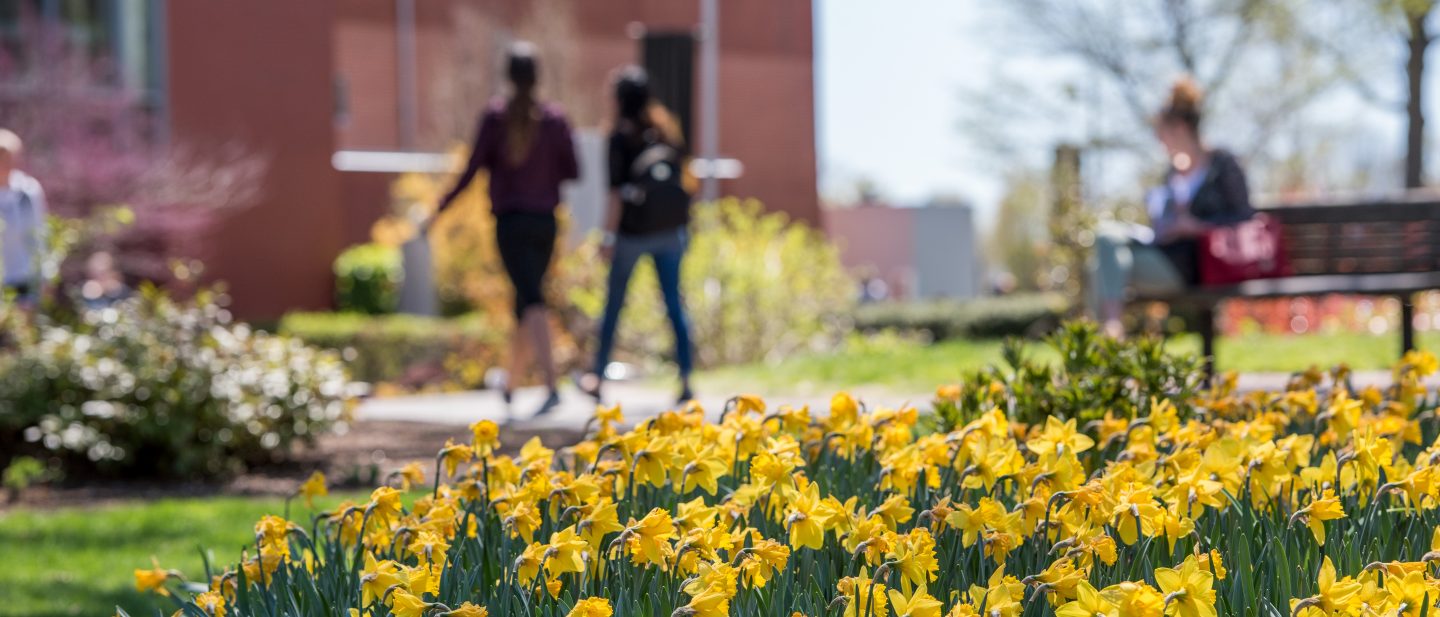Visa Denials
While the vast majority of visa applications are approved, a visa may be denied if a consular officer determines that the applicant does not meet the eligibility requirements under U.S. law.
Visa decisions are made solely by U.S. consular officers at U.S. embassies or consulates, in accordance with Section 104(a) of the Immigration and Nationality Act (INA). Reasons for denial vary and may relate to missing documentation, ineligibility, or failure to demonstrate intent to return home after study. If denied a visa, in most cases the applicant is notified of the section of law which applies. Visa applicants are also advised by the consular officer if they may apply for a waiver of their ineligibility.
Common Reasons for Visa Denial
Visa denials may fall under one or more sections of U.S. immigration law:
- Section 214(b): The officer was not convinced that you intend to return to your home country after completing your studies (nonimmigrant intent).
- Section 212(a): You were found ineligible for a visa due to health, criminal, security, or immigration violations.
- Section 221(g): Your application is incomplete or requires additional documentation to establish eligibility.
Additional guidance is available on the U.S. Department of State’s Visa Denials webpage.
What to Do Next
- Review the Reason for Denial
Read the explanation provided by the consular officer carefully. Determine if the issue can be addressed with new or updated documentation.
- Reapply (if appropriate)
If you choose to reapply, ensure you are prepared to overcome the reason for your previous denial.
- You must complete a new visa application and pay the fee again.
- Bring updated documents that clearly demonstrate your eligibility and ties to your home country.
- Avoid reapplying with the same information unless your circumstances have changed significantly.
Overcoming a Section 214(b) Denial
To overcome a 214(b) refusal, you must provide new or stronger evidence that you plan to return home after completing your studies. Examples include:
- Family connections: Close family members or responsibilities that require your return.
- Employment or career prospects: Proof of current or future job opportunities in your home country.
- Property or financial assets: Documentation of home ownership, leases, or investments.
- Community involvement: Evidence of civic, social, or volunteer engagement in your country.
Ways to Improve Your Application
- Clarify Your Purpose: Research your program and Adelphi thoroughly and be prepared to explain why you chose it.
- Correct Previous Mistakes: Fix any errors from your prior application.
- Address Inconsistencies: Explain any discrepancies from your previous interview or application.
- Practice Your Answers: Be confident and clear when discussing your intentions and ties to your home country.
- Avoid Reapplying with the Same Information: Success requires demonstrating new or stronger evidence or a change in circumstances.
Visa Support and Expedited Appointment Requests
The Office of International Services cannot provide letters for expedited visa appointments or special visa support letters. Expedited requests must be submitted directly to the U.S. embassy or consulate following their official procedures.
We recommend reviewing the embassy or consulate website for specific guidance and planning ahead to allow sufficient time for visa processing. Our office is available to assist with general visa questions and documentation required for standard applications.
